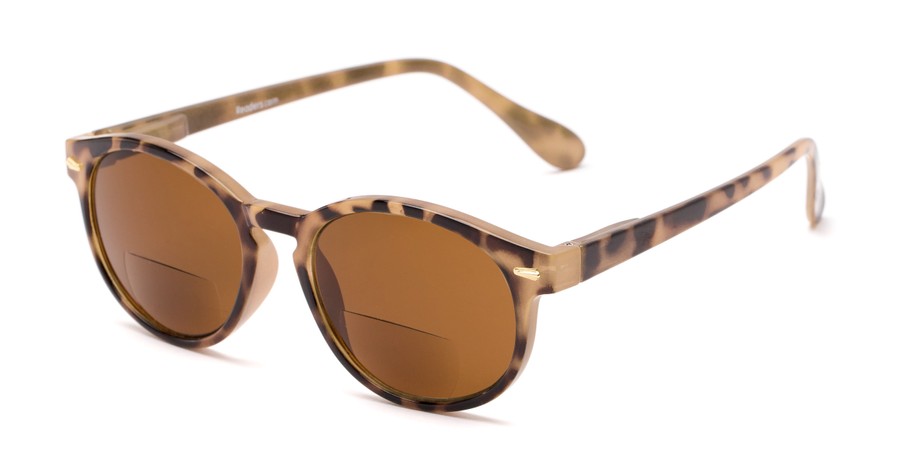You’ve probably seen plenty of people wear reading glasses, and you may have even wondered how they work. Do reading glasses actually make the words on the page bigger? Do they help your eyes focus better?
Here’s a breakdown of everything you need to know about reading glasses and how they help you see better.
(This page contains affiliate links. OGR may receive compensation if you click a link and make a purchase.)
How Reading Glasses Help You See Better

Reading glasses are designed to improve your close-up vision. They don’t actually make the words on a page bigger; instead, they help your eyes focus better. Here’s how it works:
When you look at something up close, your eyeball changes shape slightly. This is because your eye muscles are contracting to allow your eye to focus on whatever you’re viewing.
As you get older, those muscles don’t contract as easily, which makes it harder for your eyes to focus on close-up objects – a common condition called presbyopia.
Think of it like this: if you’re trying to read a book that’s sitting a foot away from your face, your eyeball elongates in order to see the words clearly.

But if your eye muscles aren’t able to contract like they used to, it’s harder for your eyeballs to hold that shape. That’s where reading glasses come in.
Reading glass lenses help users focus their vision on objects about a foot and a half to two feet away. While they may slightly magnify objects and small print, they primarily help your eyes focus on objects or text that you’re holding at a bent arm’s length.
Reading glasses come in a variety of strengths, depending on how much compensation your near vision needs. These strengths range from low magnification (+0.75 or +1.00 diopter) to high magnification (+3.00 diopters and above).
In addition to single-vision reading glasses, there are also bifocal and trifocal lenses that can help you see better at different distances.
Bifocals have two different lens strengths—one for near vision and one for far vision—while trifocals have three—one for near vision, one for intermediate vision, and one for far vision.
Do You Need Reading Glasses?
If you’re finding it difficult to read or do other close-up activities like knitting or working on a puzzle, it’s possible that you may need reading glasses.
The best way to find out for sure is by visiting an optometrist or ophthalmologist, who can give you a comprehensive eye exam.
10 Signs You Need Reading Glasses
During the exam, they’ll use a machine called a phoropter to test your vision. They’ll place different lenses in front of your eyes and ask you which lenses give you the clearest vision.
Based on your answers, they’ll be able to determine whether or not you need reading glasses and what diopter strength would be best for you.
Now You Know
Reading glasses aren’t just glorified magnifying lenses; they actually help your eyes focus better on close-up objects. If you’re having trouble seeing close-up, it’s worth visiting your eye doctor to get an exam and find out if reading glasses would be helpful. With the right pair of reading glasses, you’ll be able to see things close up clearly again in no time!
